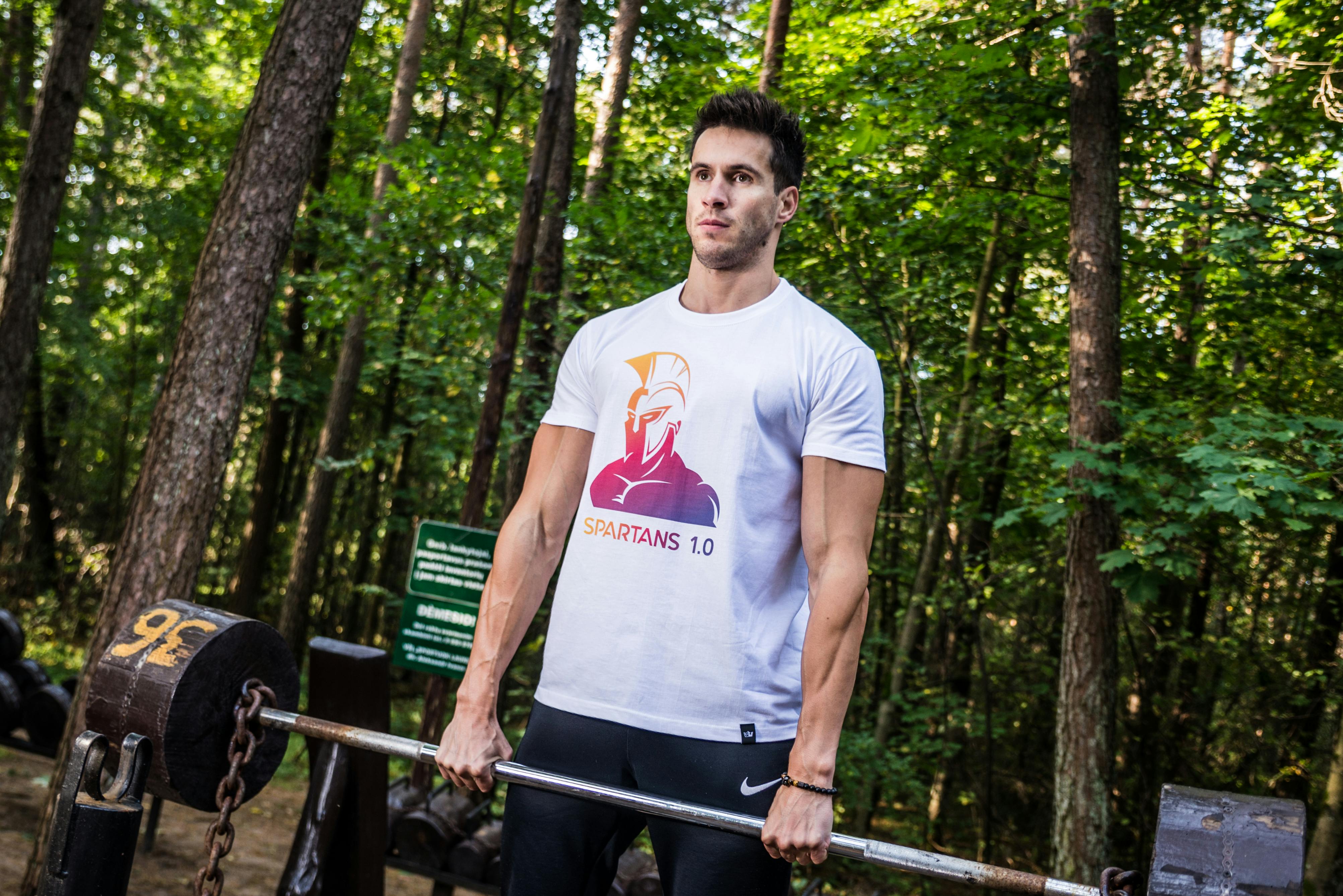Modern Greece was formed after the Greek War of Independence (1821 – 1830), but freedom did not come easy. Political and economic instability became part of everyday life. Forming a national identity was even more difficult. (Verinis, 2005, p. 142 – 150)
The first modern Olympic Games were held in Athens in 1896. The Greek people were excited that the games were being held in their “new” country. Qualifying races for aspiring Greek athletes were held before the games, including two qualifying races for the world’s first marathon.
285 athletes from 12 nations compete
The Greek people were disappointed that none of their compatriots had won the track and field events. Many of the events had been won by Americans and the Greek people had come to expect defeat or second or third place in all competitions. However, they did not give up. They still hoped that the marathon would be won by a Greek. (Holmes, 1984, pp. 62-67)
The marathon was held on April 10. Crowds lined the Athens to Marathon route to watch thirteen athletes run down dusty roads.
Albin Lermusiaux of France was the early leader but collapsed after running 32km and retired from the race.
Australian Edwin Flack took the lead. A cyclist entered the arena in Athens to announce to the crowd that an Australian was in the lead. The voltage filled the stadium.
But Spiridon Loues from Maroussi, Greece approached him.
When Edwin Flack collapsed, Loues took the lead. A second messenger followed the first, announcing to everyone in the stadium and to those watching on the surrounding slopes that twenty-five-year-old Loues was the leader.
The crowd began to shout: “He’s a Greek!” (Verinis, 2005, p. 161)
As Loues entered the stadium, Crown Princes Constantine and George greeted him at the entrance and escorted him on his final lap around the stadium. Loues finished in 2:58:50. It was rumored that he was so fast that he could stop along the way to receive offerings of food and drink! (http://www.takethemagicstep.com/coaching/athletes/sports-stories/spiridon-louis-grandson-talks-about-his-grandfather/)
The crowd erupted in excitement. Finally, a Greek had won first place! White doves were released and the Greek spectators hugged each other, singing the National Anthem of Greece.
Greeks, including Greeks from ancient Greek territories still occupied by foreign powers, were thrilled when Loues met King George I in the kilt of the freedom fighters. The king offered Rent any gift he wanted. Loues ordered a donkey-drawn carriage for his water distribution business. Businessmen and other private citizens of Greece also offered him gifts. Free services and unsolicited gifts poured in from all over the world, but Loues turned them all down. He only wanted the carriage and the donkeys. (Holmes, 1984, pp. 76-77)
After his Olympic victory, Loues retired to life as a private citizen and never participated in sports again.
The victory of an Olympian lifted the spirits of an entire nation. For a “new” nation like Greece in the 1890s, it also helped shape that nation’s identity.
Greeks were filled with pride when Spiridon Loues entered the stadium on April 10, 1896. Greece could now begin to take its place among the nations of the modern world.
Bibliography
Holmes, Burton. The Olympic Games in Athens, 1896: The first modern Olympic Games. New York: Grove Press, Inc. 1984.
http://www.takethemagicstep.com/coaching/athletes/sports-stories/spiridon-louis-grandson-talks-about-his-grandfather/
Verinis, James P. “Spiridon Loues, the Modern Foustanela and the Symbolic Power of Pallikaria at the 1896 Olympic Games,” Journal of Modern Greek Studies, 23:1 (May 2005), pp. 139 – 175.



